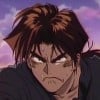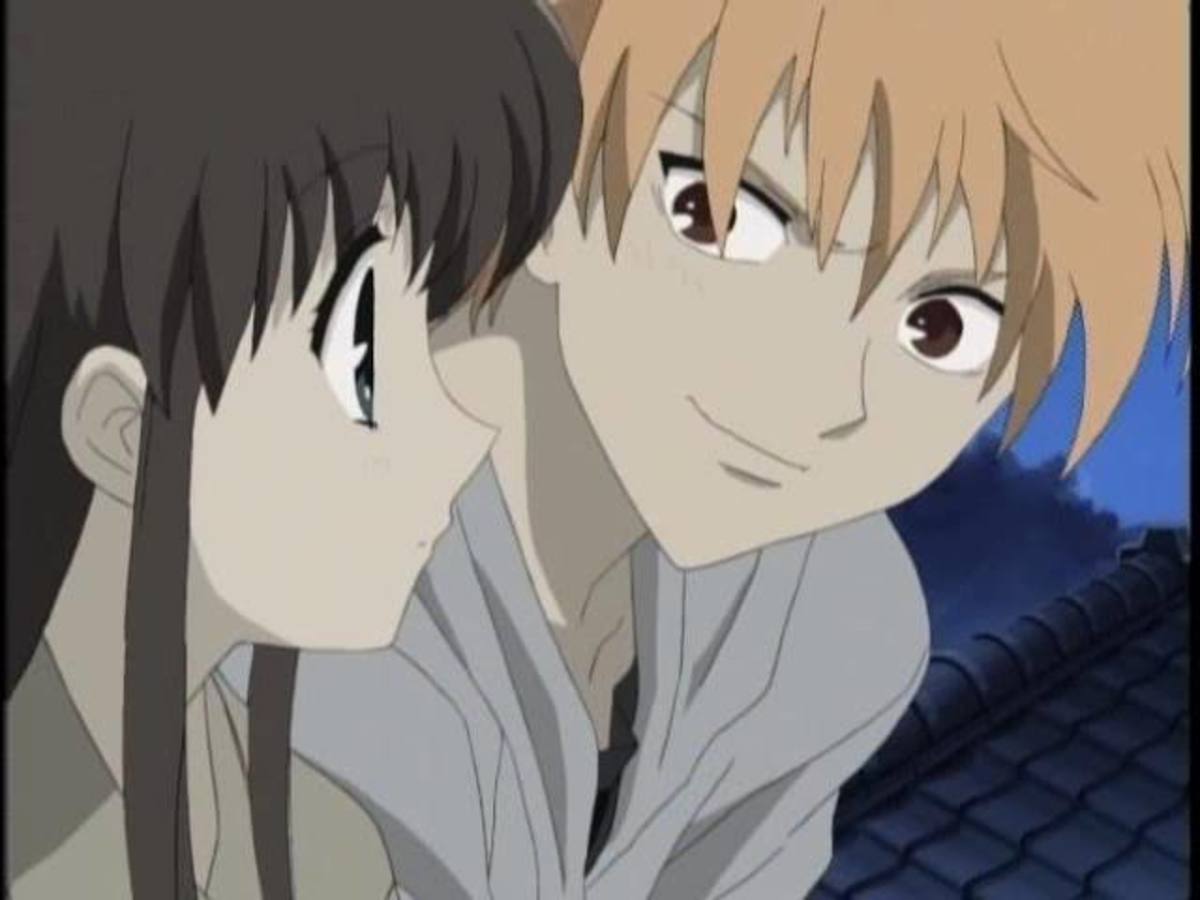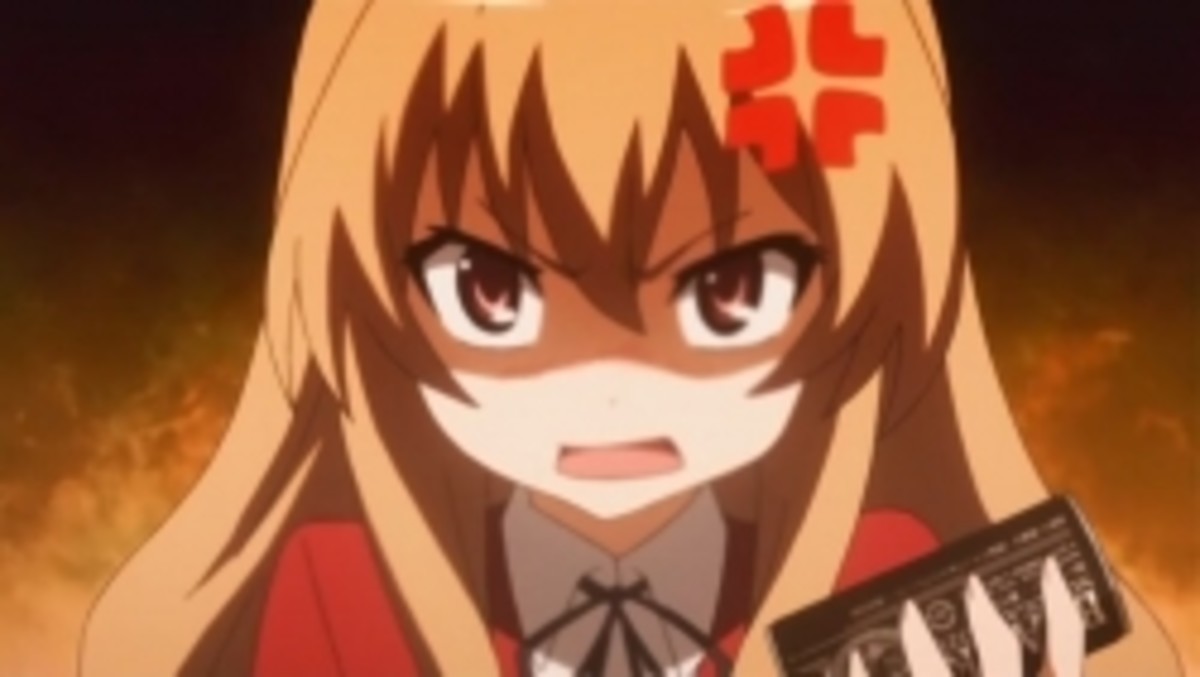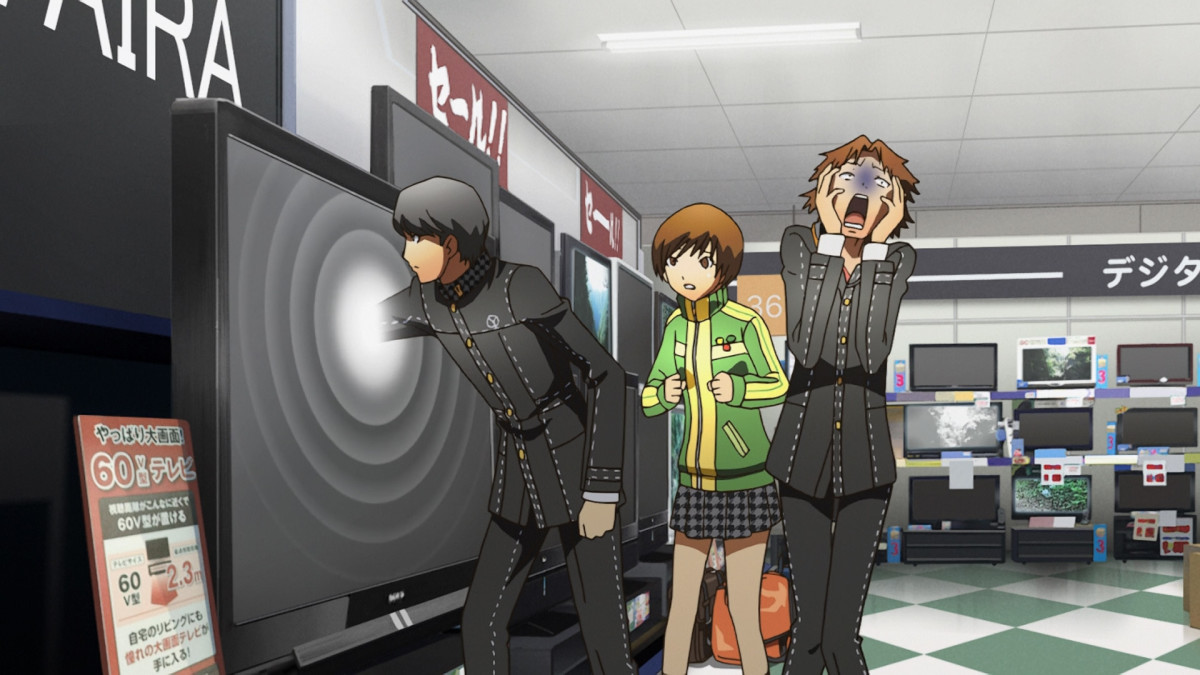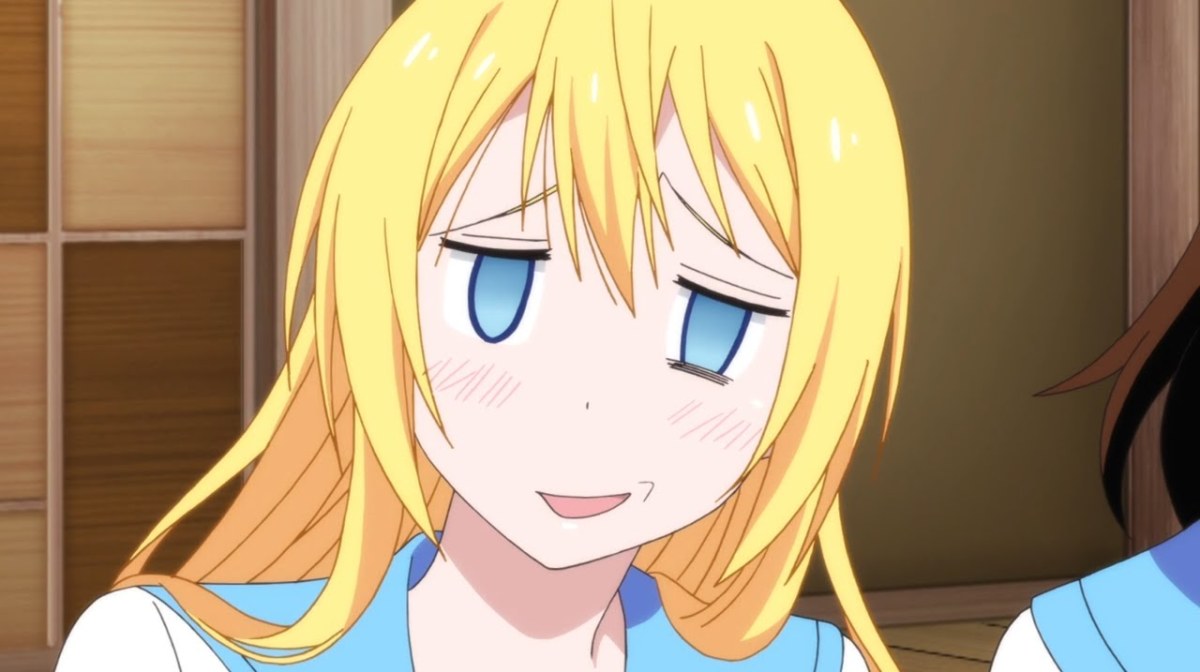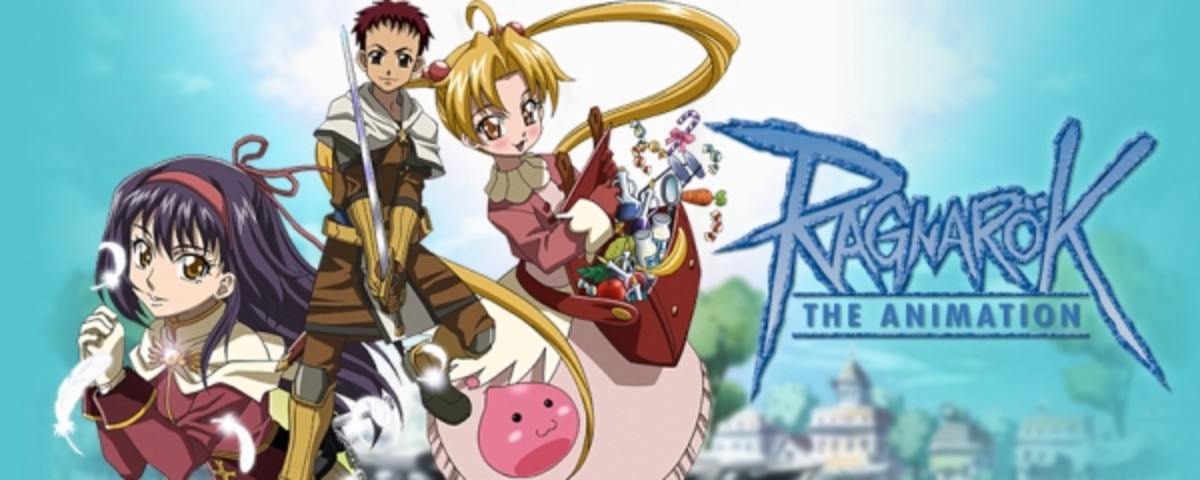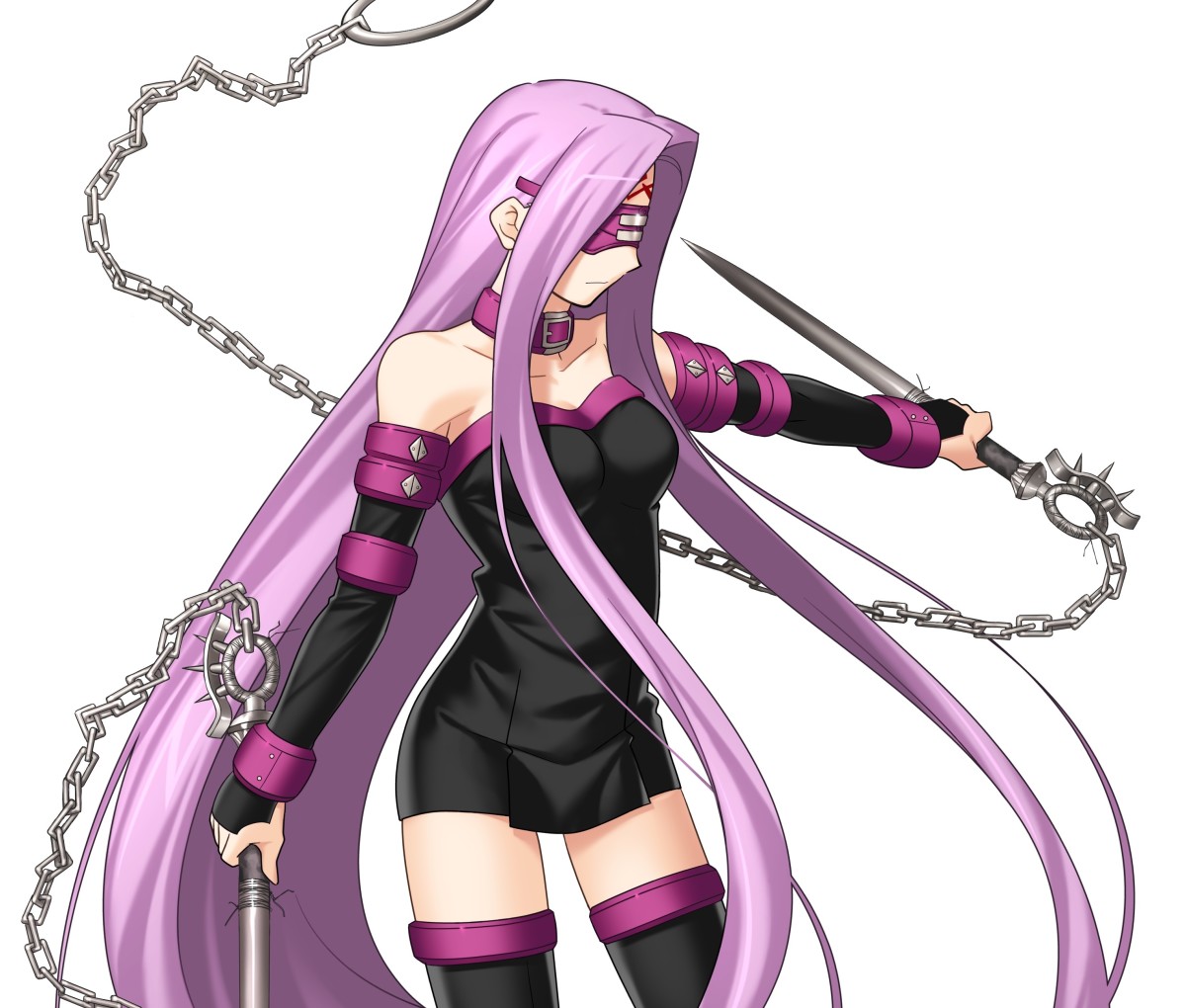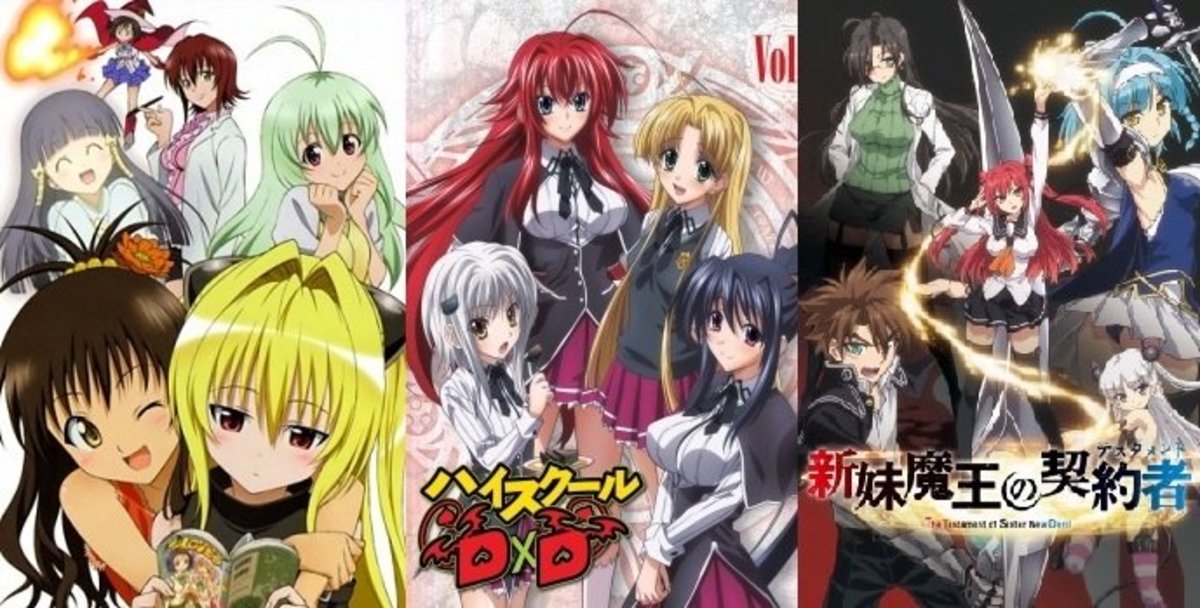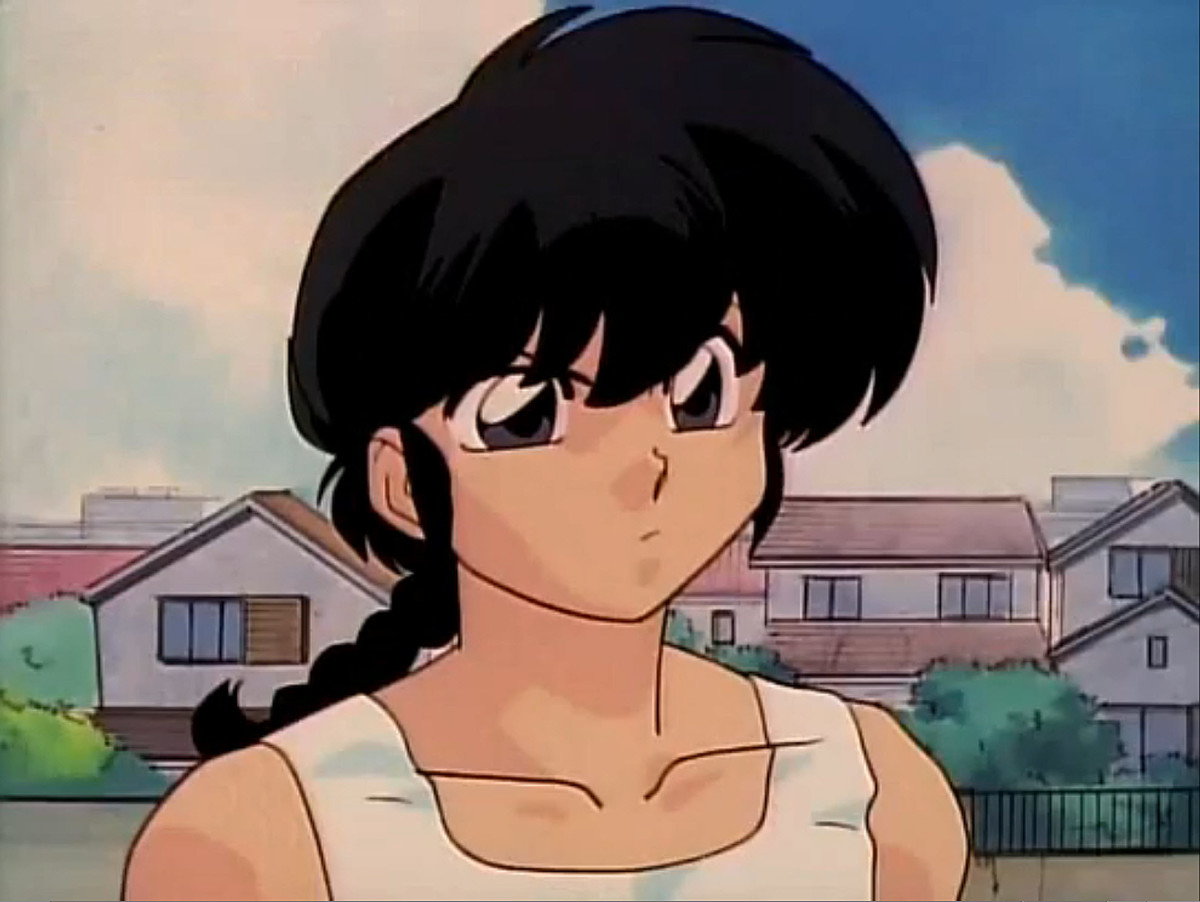Anime Reviews: Vision of Escaflowne
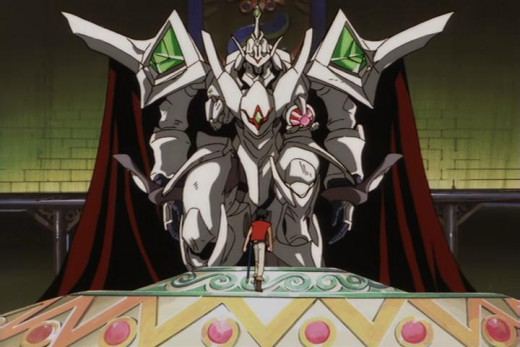
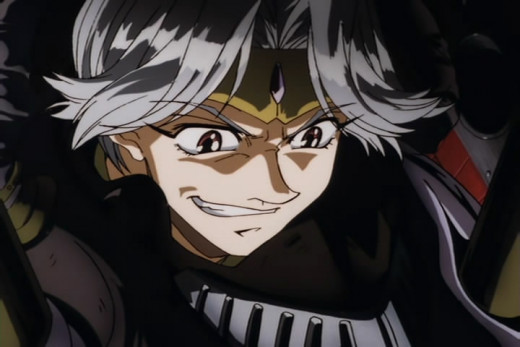
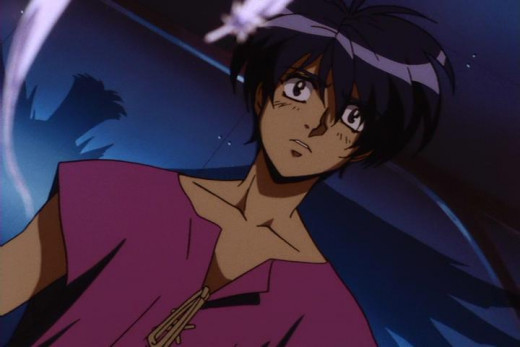
Though long-time anime fans will see exactly where it's going, Escaflowne overcomes its predictability with strong aesthetics and an epic scope.
Title: Vision of Escaflowne a.k.a. Tenkuu no Escaflowne
Genre: Action/Drama
Production: Sunrise
Series Length: 26 episodes
Air Dates: 4/2/1996 to 9/24/1996
Age Rating: 7+ (mild violence)
Summary: Hitomi Kanzaki is a high-schooler who may be skilled in sports, but it's fortune telling via tarot cards that is her true specialty. Though she's too afraid to do a reading for herself, she can't help but fall for upperclassman track-and-field wunderkind Amano. However, news reaches Hitomi that Amano's family is moving overseas and, naturally, he must go with them. To show him how she truly feels once and for all, Hitomi proposes a deal to Amano: If she can beat his record for the 400-meter dash (13 seconds), then he will give her her first kiss. Their wager is interrupted, however, as a mysterious pillar of light erupts onto the track and with it appears a young man clad in armor fending off a ferocious land dragon. After an arduous battle, the pillar of light reappears, taking both the warrior and Hitomi into the heavens--to a war-torn world called Gaea.
The Good: Bold art and animation; Yoko Kanno's legendary soundtrack; likable characters and fast-paced story; great for new anime fans...
The Bad: ...because they'll be less likely to notice how unoriginal it is
The Ugly: The Fox Kids dubbed version
For some reason, I've really been slacking off on seeing Escaflowne. While everyone I turn to had high praise for the series, that wasn't quite enough to convince me. Maybe it was just the idea that it was just another fantasy anime (albeit a well-made one), or maybe it was just that I wasn't too keen on the idea of a teenage girl with no combat experience being the main character of a fantasy story (I mean, it worked so well in Quest for Camelot, right?). But I finally sat down and charged through, and while I was pleasantly surprised that it was better than I expected, I've seen better. Let's talk about that a bit more, shall we?
First and foremost, you'll notice that Escaflowne sports an unusually vibrant and bold look. Bright colors, dark shadows, and a unique character art style really separate this series from the crowd, even to this day. The animation quality is also pretty damn impressive at times, and you have to remember that this series was made in 1996 before digital animation became the norm, so I find it more impressive than usual. There's also a great deal of inventive designs present, with regal-looking mechs (called Guymelefs) sporting cloaks and liquid steel blades and characters donned in medieval European-style attire being only a few examples. All in all, a very visually-pleasing anime, even now.
But that's hardly the end of this series' greatness. In fact, I'd say the series' shining gem is its soundtrack, brought to us by the always-impeccable Yoko Kanno, along with voice-work by Maaya Sakamoto, who made her debut here. Just from the opening, "No Need for Promises," you can see clearly already the high quality present in the soundtrack--wait a minute, Yoko Kanno and Maaya Sakamoto working together?! Holy crap, it's Wolf's Rain seven years before there was a Wolf's Rain!
The soundtrack also contains fantastic background tunes like the intense "Dance of Curse," the mysterious "Shadow of Doubt," and the beautifully uplifting "Take My Hands." And those are just the first few I found. Every song in the soundtrack has intensity or majesty to it, and in the end, I'd say the soundtrack itself is worth taking a peek at the series for. That, however, would be a disservice to the show's writing.
Because, as a matter of fact, Escaflowne itself is a very nicely-paced series with intriguing characters. The story picks up really quickly, as Hitomi is thrust into Gaea right in the first episode and the plot train never slows down once its gotten rolling. If there's one way I can describe this series without spoiling anything, it's "stuff is always happening and it's always interesting stuff."
The characters, while identifiable as tropes, do fill their roles well and develop to become memorable and (at the time) unique. Van starts out as a brooding hero with the weight of the world on his shoulders, but he never gives us the "You wouldn't understand my pain" garbage so many similar anime characters spew constantly, and he becomes more straightforward and open as time goes by. Likewise, the knight Allen starts as your calm and collected badass who is endlessly chivalrous and honorable, but by the end, we can see where the cracks in his facade are and the portrait the series paints of his character is an exquisite one.
...And then there's Hitomi. She is always hesitant and whiny and wavering, but I cut her some slack because she's just an ordinary person and ordinary people are often hesitant, whiny, and wavering. Realism in fiction--who knew?
With great visuals, an epic soundtrack, relatable characters, and some engaging writing that doesn't become convoluted or (overly) ridiculous, it makes sense that Escaflowne is a great series for those new to anime to check out. In fact, along with Cowboy Bebop, Outlaw Star, and Berserk, Escaflowne often pops up when having this discussion, and to be perfectly fair, it makes sense. It gets you familiar with many of anime's prevalent tropes, and its material is handled well, so it's kinda like watching Seven Brides for Seven Brothers to get an idea of what musicals are like. What could possibly be wrong with that?
...Well, to be blunt, the same thing that's wrong with Seven Brides: long-time fans of the genre watching for the first time will be able to call out the story's twists and turns almost as if commentating on a horse race. Excluding the surprising (in many ways) backstory of recurring villain Dilandau, just about every note Escaflowne hits has been struck in innumerable anime before and since. Main character transported to another world and mysteriously develops mysterious powers? Check. Transforming mechs? Check. The pilot feels the mech's pain? Check. Bad guy seeks paradise through destruction? Check. For the most part, there is not an original bone in this series' body, and veteran anime fans will find themselves tuning out the story entirely and focusing on the aesthetics, because they've ridden this same plot train many times before.
You could turn it into the Escaflowne Drinking Game: Anytime anything happens that you can cite 10 examples of happening in other anime, take a shot. If you correctly guess a major plot point well in advance, take a shot. And just take a shot for Sunrise having the balls for copying the synchronized-pilot-and-mech bit from Evangelion less than a week after it finished airing. Not cool, guys.
But, in the end, is unoriginality truly a glaring flaw in an industry that's been recycling many of the same ideas for 40+ years? Is it something really so crippling for those who are unfamiliar with the genre? Is it really right to outright dismiss a series for bringing nothing new to the table when it's executed almost flawlessly with some of the best talent in the industry behind it? That will be up to you to decide. After all, to look at Escaflowne objectively, I can find only good things to say; even when it comes to those unoriginal elements, they fit with the story and the narrative is coherent and cohesive, All I can really do is recommend that you watch for yourself and draw your own conclusions. I mean, as unoriginal as this series is, you could still do far, far worse.
Final Score: 8 out of 10. Backed by a bold animation style, an epic soundtrack, and a well-written narrative with likable characters, Escaflowne is a must-watch for new anime fans as well as veteran fans who are willing to overlook the fact that it does nothing new.
